How to fix your sleep schedule – sleep expert advice on the simplest ways to reset
Because having a consistent sleep schedule is key to getting the best quality Zzzs
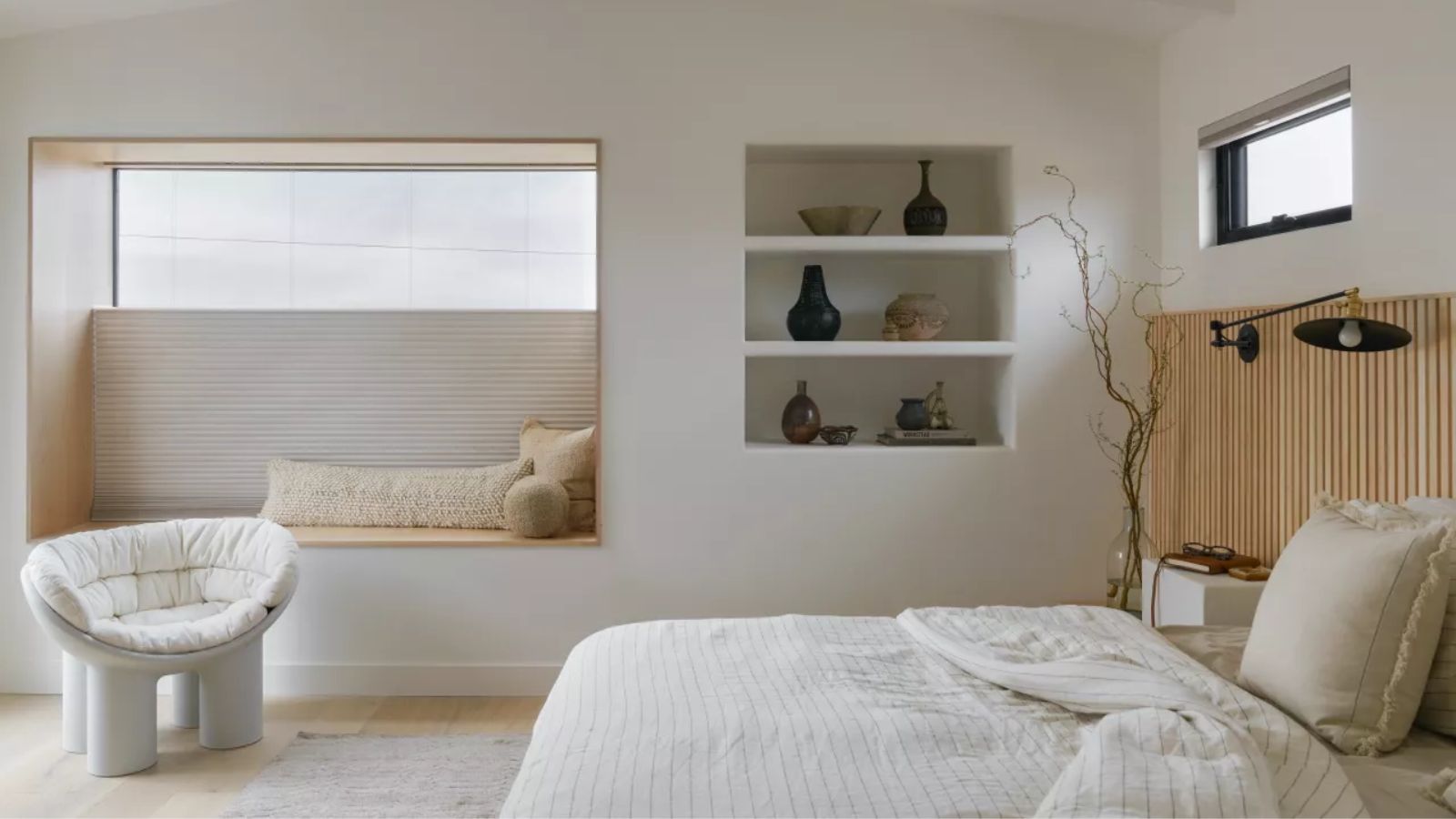

A good sleep schedule is key to getting the best night's rest possible. Not only do you need to be getting the recommended amount of sleep (for adults that is around seven to nine hours) you need to be getting that amount regularly, and ideally at the same time every night too.
One of the best and simplest ways to ensure good sleep hygiene is to get yourself into a consistent sleeping pattern. Getting into a regular sleep schedule will not only allow you to get enough sleep every night but will also allow you to cycle through all the sleep stages – including deep and REM, which are important for restoring your body mentally and physically.
But of course, life can get in the way, and things change so that your sleep schedule gets thrown off – holidays, work shifts, tiny humans, maybe your mattress. However, you can quite easily fix your sleep schedule and reset your routine.
To help you sleep better every night, we spoke with a sleep coach to learn why a sleep schedule is so important, and how to fix it.
What is a sleep schedule?

Just like scheduling what you are doing during your work day a sleep schedule is similar, but instead of ticking off your to-do list having a consistent sleep schedule will mean getting the full amount of sleep you need, including all those dreamy (literally) and nutritious parts of sleep in, which our body was craving through the day.
Having a consistent sleep schedule, a time when you fall asleep and wake up, helps to regulate your circadian rhythm – your body's internal clock that tells your body when you’re ready for sleep or needs to wake up.
Sleep coach Tracy Hannigan explains it in more detail: 'A schedule for sleep can be either set by biology or by a person. Biology sets a sleep schedule for a certain number of hours of wakefulness and a certain number of hours of sleep, and when this sleep slot happens can vary quite dramatically - think 'early birds' and 'night owls'.'
She goes on to say that some of us set a schedule for bedtime and wake time that lines up with our biological schedule and some of us get it wrong: 'Those who set a schedule which is quite different from their biological schedule can feel like they struggle with enough sleep or wake time to do what they want to do in their daily life.'
So even if you do want to join the 5 am club, it may not be right for you, so it’s always important to listen to how you feel.
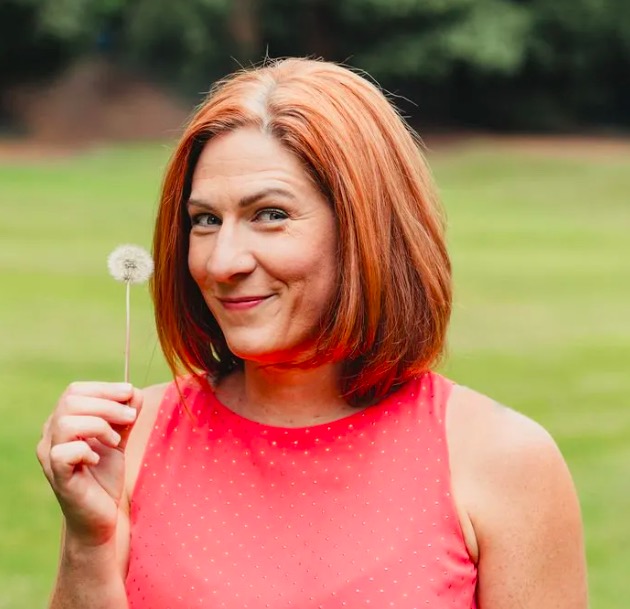
Tracy Hannigan is one of the UK's leading sleep coaches. Having suffered for years with insomnia herself, she found a cure in sleep therapy based on cognitive behavioral therapy for insomnia and now helps adults overcome a number of sleep-related issues.
Why is a good sleep schedule important?

Not only will a good sleep schedule stop you from reaching for the espressos every morning to keep you awake, but you’ll also find that you’ll be more switched on throughout the day, and lit will strengthen your immune system too.
'A solid, regular sleep schedule allows our bodies and brains to get both the activity and recovery time needed for optimal health,' says Tracy. 'A regular sleep schedule can also help ensure that we get enough solid sleep to be refreshed in the morning by anchoring our sleep and wake cycles to the start of our day – a regular wake time being even more important than a regular bedtime.'
Tracy adds, 'Every person's ideal schedule could be different however a healthy sleep schedule would be set by waking at a certain time each day with enough energy to go about the whole day, would enable them to fall asleep within 20 minutes, and would allow them to wake a couple of times in the night but to fall back to sleep relatively quickly.'
What can affect your sleep schedule?
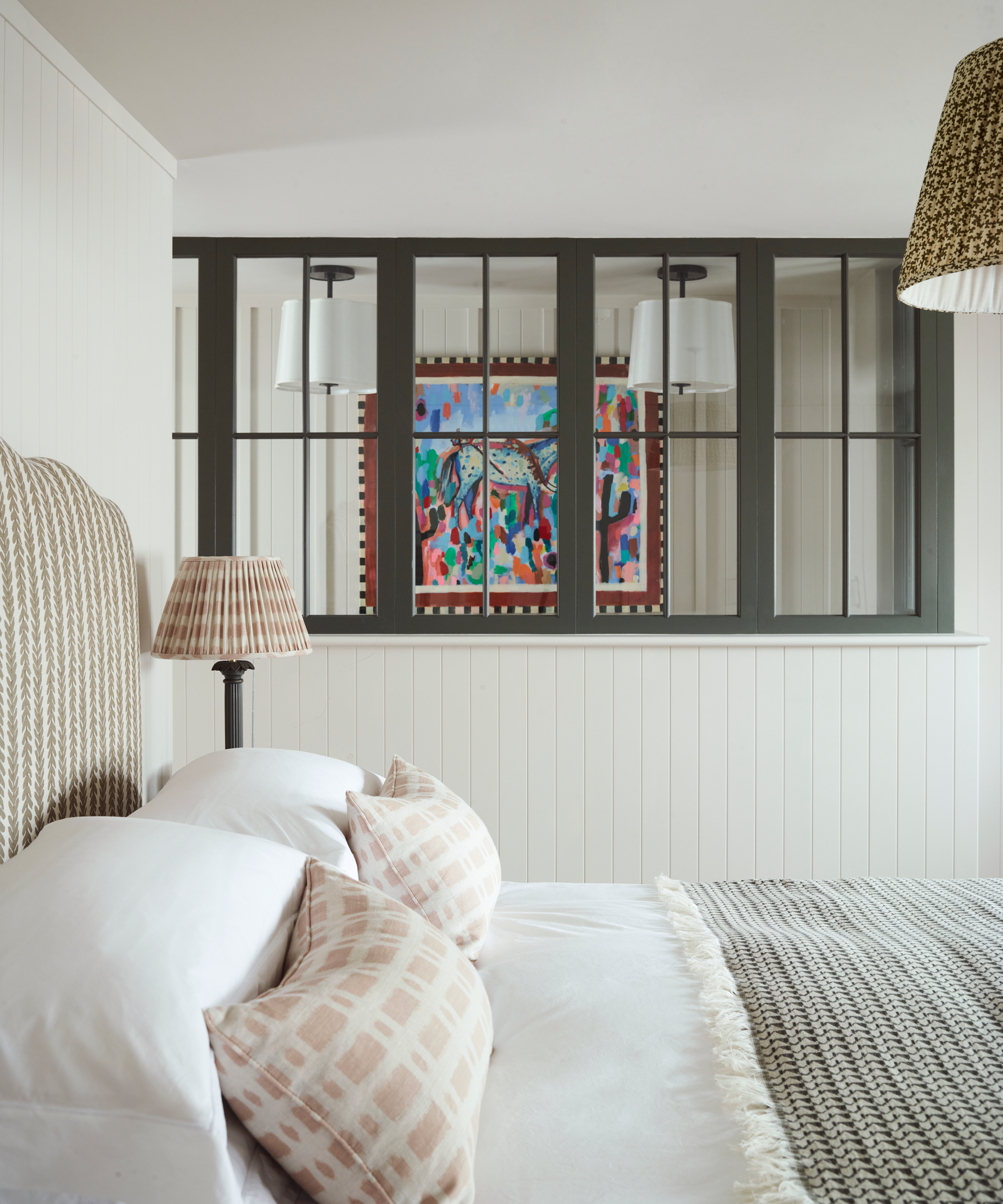
A change in season, a late night on a Saturday, coming back from a holiday, having a long sleepless week with your kids, loads of things can have an impact on your sleep schedule and it can be really easy to fall out of any kind of routine.
'The clocks changing can make sleep tricky for a few days due to social jetlag.' says Tracy. 'We may feel it is 'time for bed' because of the clock, however, it might not be our biological time, which is set to the amount of light and length of day, not the clock.'
Your daily habits could affect your sleep cycle too. Drinking coffee too late in the day, or drinking too much alcohol, or doing too much strenuous exercise in the hours before your body would naturally start to feel tired. Anything that tends to affect how long it takes you to fall asleep will have a knock-on effect on your sleep schedule as this could change your wake-up time or mean you don't get enough sleep.
How can you fix your sleep cycle?
Sleep schedules can be relatively easy to fix. It's a bit like having jet lag, you need to adjust your body to the ideal sleeping times for you. Here are a few tips for starting to change your sleep schedule:
1. Setting a consistent sleep window
Just like if you eat lunch late every day, your body becomes confused if you don’t keep to a consistent sleep schedule. 'Laying in too long or going to bed too early or late on a regular basis can disrupt the timing of sleep, making a person's schedule irregular and lighten their sleep. This could make it hard to fall asleep or wake up when a person wants to.' says Tracy.
'Don’t worry if you have one odd late night or sleep in, but try and avoid doing it every day,' continues Tracy. 'This helps anchor the whole sleep system to a set time when our circadian clock can become retrained to start us off – making rising easier in the morning – and making falling asleep consistently easier at night.'
2.Cut out stimulants
Sugar, alcohol or caffeine can disrupt your sleep cycles and keep you awake when you want to be snoozing. 'Caffeine late in the day can create wakefulness and make sleep very difficult, which in turn makes it challenging to wake up, affecting the following night.' explains Tracy.
Exercising vigorously too close to bedtime can also spike stress hormones, so if you like to add some kind of exercise into your bedtime routine, keep it easy and gentle – a slow-paced vinyasa flow rather than an intense HIIT class.
3. Get more sunlight
This is an easy one, especially in the summer months. But even in winter getting out when the sun comes up or in the middle of the day when the sun is at its highest is beneficial to your sleep schedule.
Tracy suggests: 'Fling open your curtains or raise your blinds or even go outside and go for a walk while you have your coffee. Light and activity are the strongest resetters for our internal sleep clock.'
Of course with busy schedules and deadlines, not all of us have the luxury of getting out of the house every day, so Tracy advises if you can't get any direct sunlight, 'sit very near a window if you're able, facing it is ideal so that light can fall on your retina. Never of course look directly at the sun, even cloudy days are light enough to stimulate our body clock to start strongly in the morning just by sitting in a window.'
4. Use a smartwatch or sleep tracker
An easy way to know how much sleep you’re getting, including deep and REM sleep, the best parts of sleep which help to restore your body to tip-top condition, is by tracking your sleep. Most sleep trackers will also help guide you into a window when you should be getting ready for bed at the start of your sleep window or sleep schedule, so take advantage and get those snoozes in as early as you can.
Fitbit's Inspire 3 is Amazon's most highly rated buy with over 4,000 positive reviews.
5. Make your bedroom conducive to sleep
When sleep isn't coming all that naturally, your bedroom environment can be a big help. Darkness is key for a good sleep schedule as this is going to give the hints to your body that it's time for rest. And ensure your room is quiet too, a white noise machine could be helpful, but ensure all background sounds are as minimal as possible.
Then you have your bed set up. This is where you do all of that sleeping, so invest in the best mattress and best pillows your budget will allow, because good quality bedding will make all the difference to your sleep and will ensure you fall asleep faster and sleep more solidly.
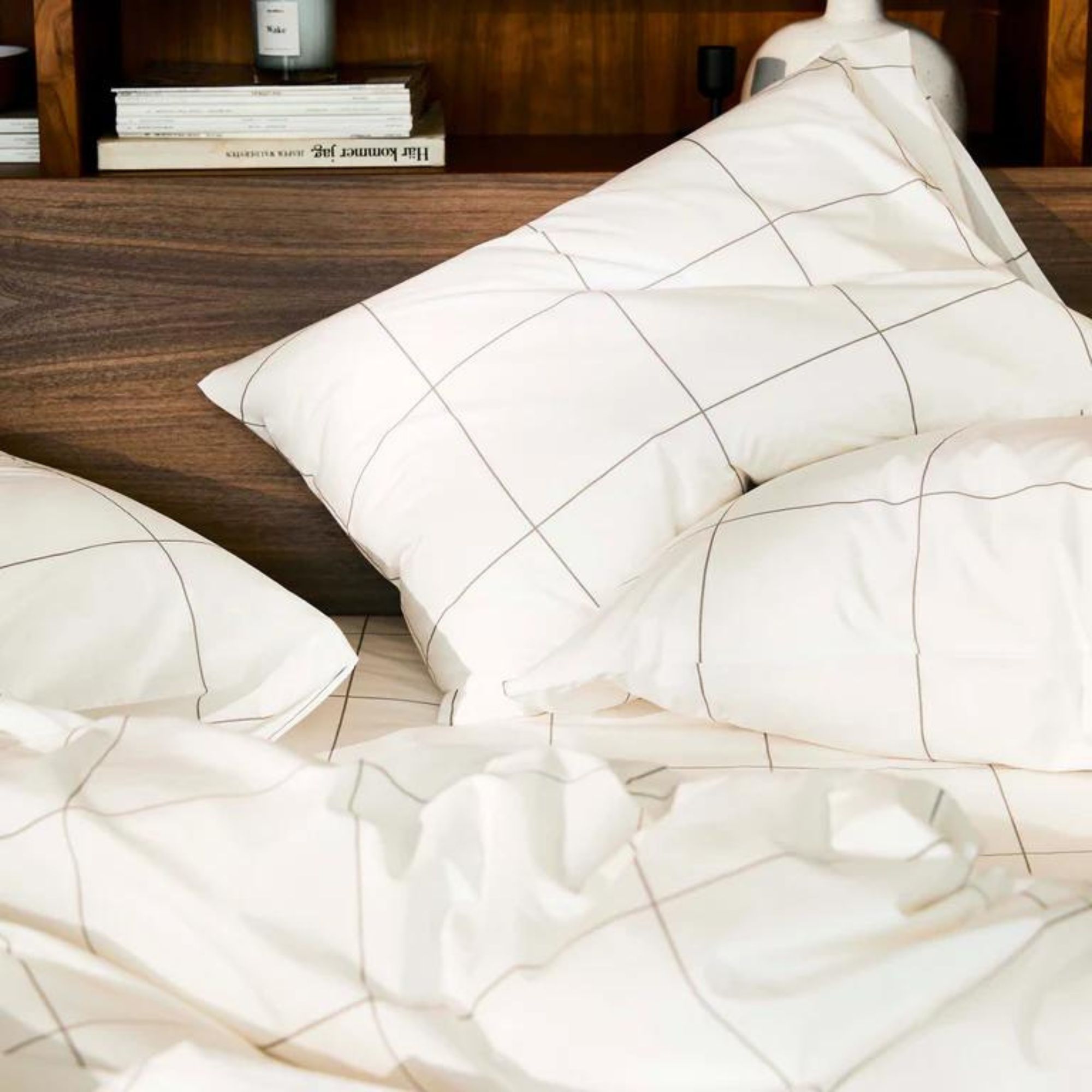
This bed sheet set is soft, breathable, and looks beautiful on the bed. Investing in a great bedding set will not only help you get your most comfortable sleep yet, but also contribute to the overall feel of your bedroom.
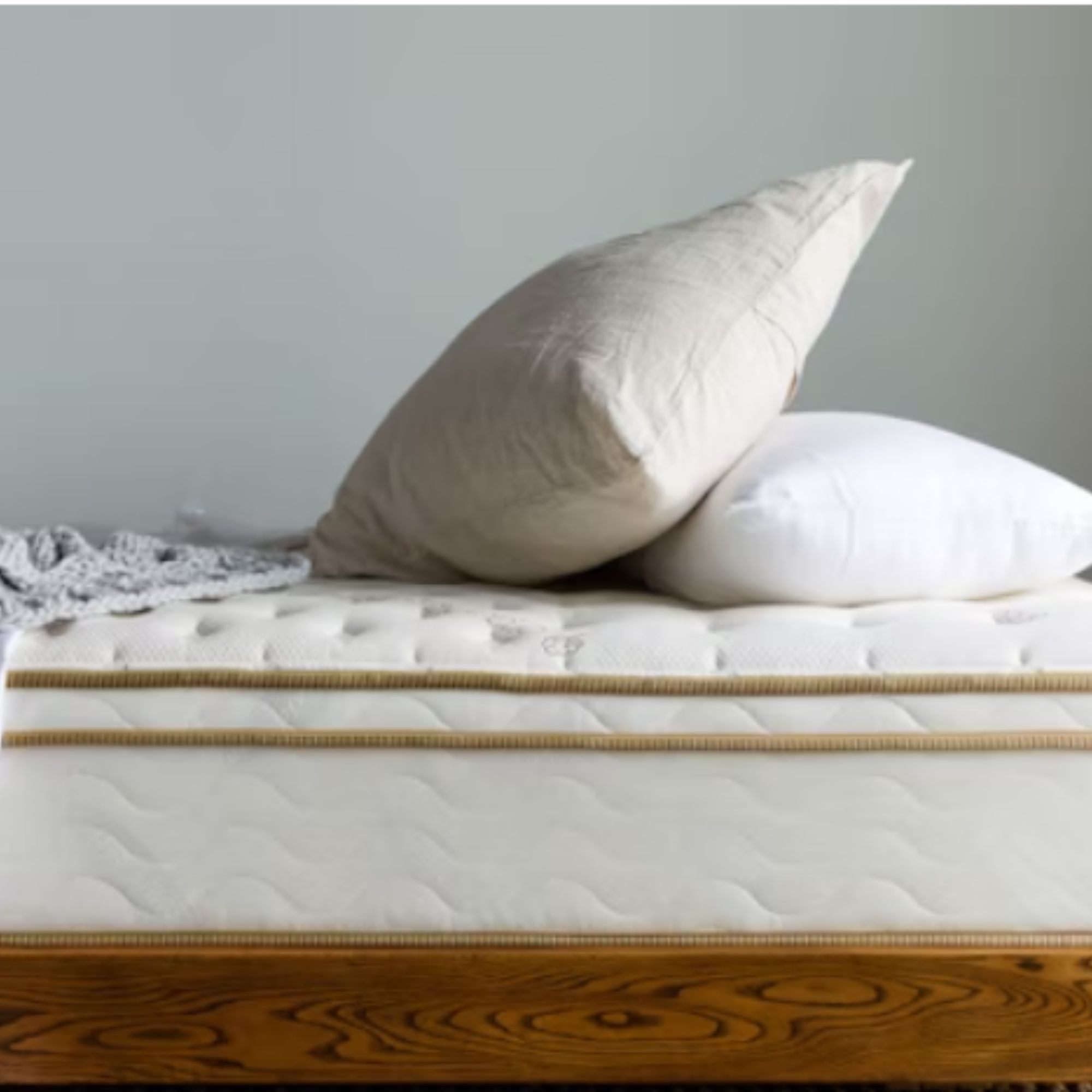
A mattress that works for you is key to comfort. Depending on your sleep style and needs, a mattress can make or break how well you rest. The Saatva mattress is suitable for all sleep positions and has a strong track record for all-round great sleep.
Read the full Saatva Classic Mattress review to find out more.
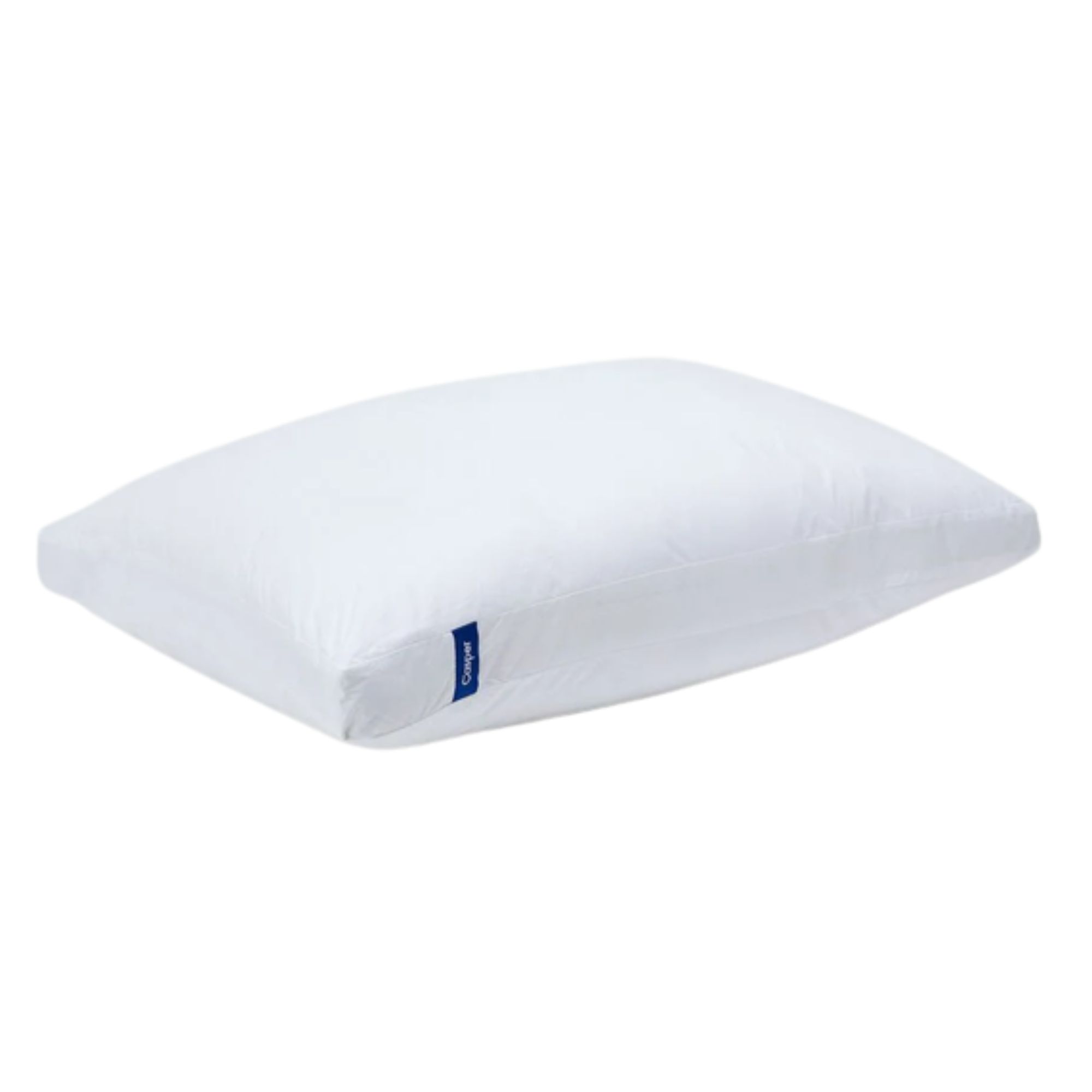
The Casper original pillow is the perfect sleep surface for those who switch sleep positions during the night. With a medium loft, it's not too soft, nor too firm to help most sleep comfortably. We loved it on the test, and it has amazing customer reviews.
FAQs
What is the ideal time to go to bed and wake up?
This depends on a number of factors, like age and your lifestyle, and even where you live in the world. Ideally, the best thing to base your bedtime and wake-up time on is daylight hours – get up when the sun does (or in the few hours following) and go to bed when it does (or again the few hours following).
Does pulling an all nighter reset your sleep cycle?
No! This is such a huge myth, and so detrimental to creating a healthy and realistic sleep schedule. Not sleeping for a whole night will mess up your sleep schedule – never assume not sleeping for one night will help you sleep the next, it's far more likely that you will just be depriving yourself of sleep. Resetting your sleeping routine is far better done slowly over time.
Hopefully, you have all the tips needed to reset your schedule. The key is to set a realistic bedtime and go from there, working out, based on when you need to be awake the next morning and how many hours you need, when you should be heading to bed. Sleep trackers are really helpful with this or even alarm clock apps can offer the best time to go to bed based on when you set your morning alarm.
Sign up to the Homes & Gardens newsletter
Design expertise in your inbox – from inspiring decorating ideas and beautiful celebrity homes to practical gardening advice and shopping round-ups.
Sarah is a freelance journalist - she covers a variety of subjects, including sleep, health and fitness, beauty and travel. As a journalist, she has written thousands of profile pieces - interviewing CEOs, real-life case studies and celebrities. Sarah can normally be found trying out the latest fitness class, on a plane to an exotic destination or getting an early night - and of course, writing about them.
-
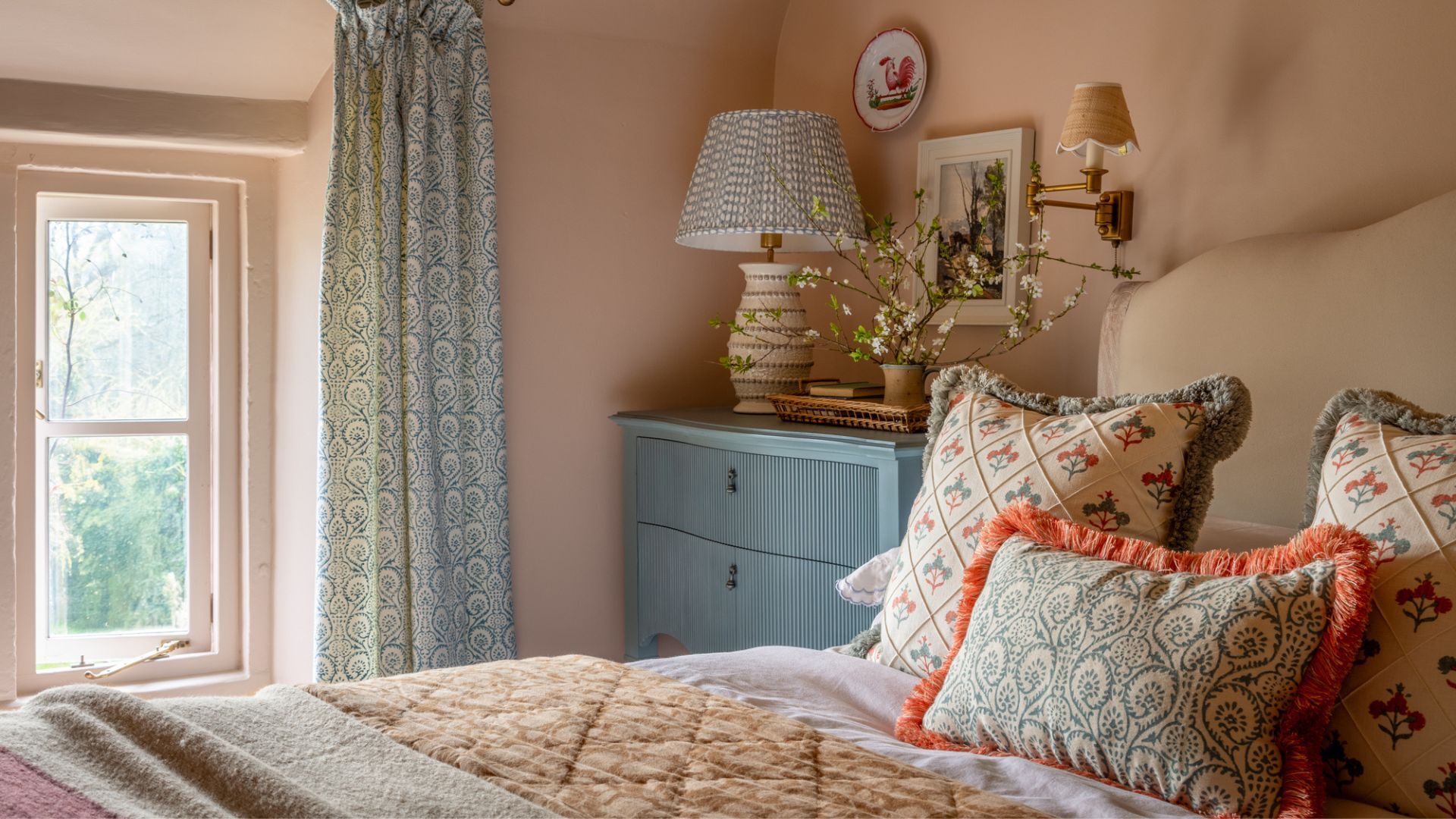 These are the 6 must-have colors to decorate with in April 2025
These are the 6 must-have colors to decorate with in April 2025What do retro-inspired yellows and beautiful blues all have in common? They're on our hot list for the season ahead
By Sophia Pouget de St Victor Published
-
 Plants never to grow next to fruit trees
Plants never to grow next to fruit treesExpert advice on which plants to keep away from fruit trees to encourage a healthy harvest
By Jacky Parker Published